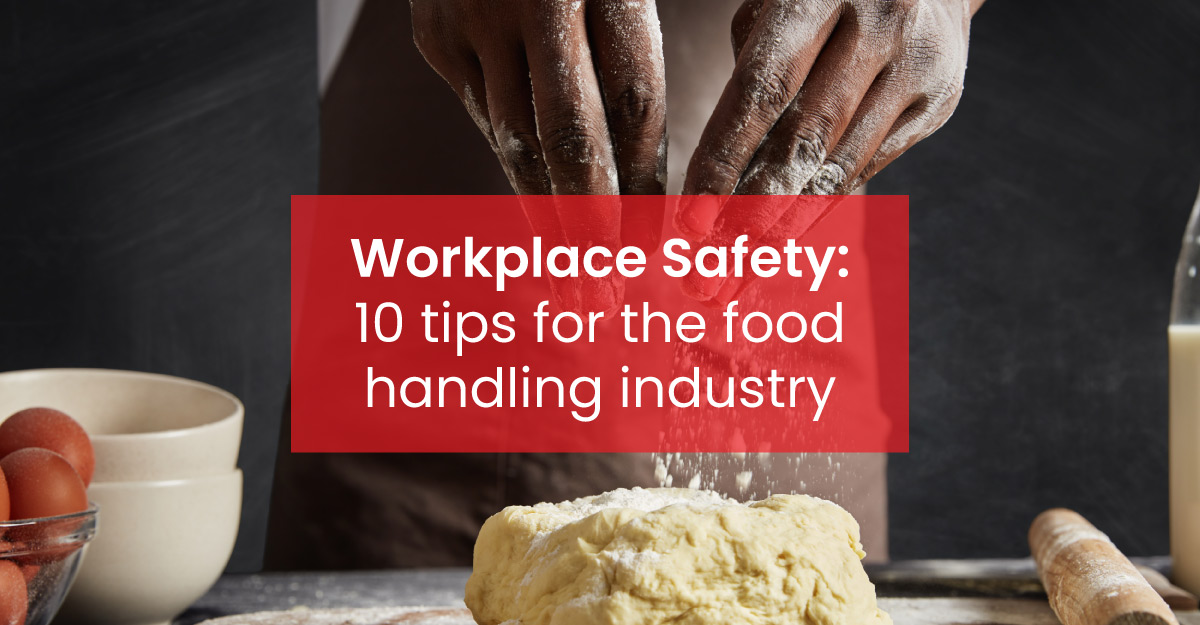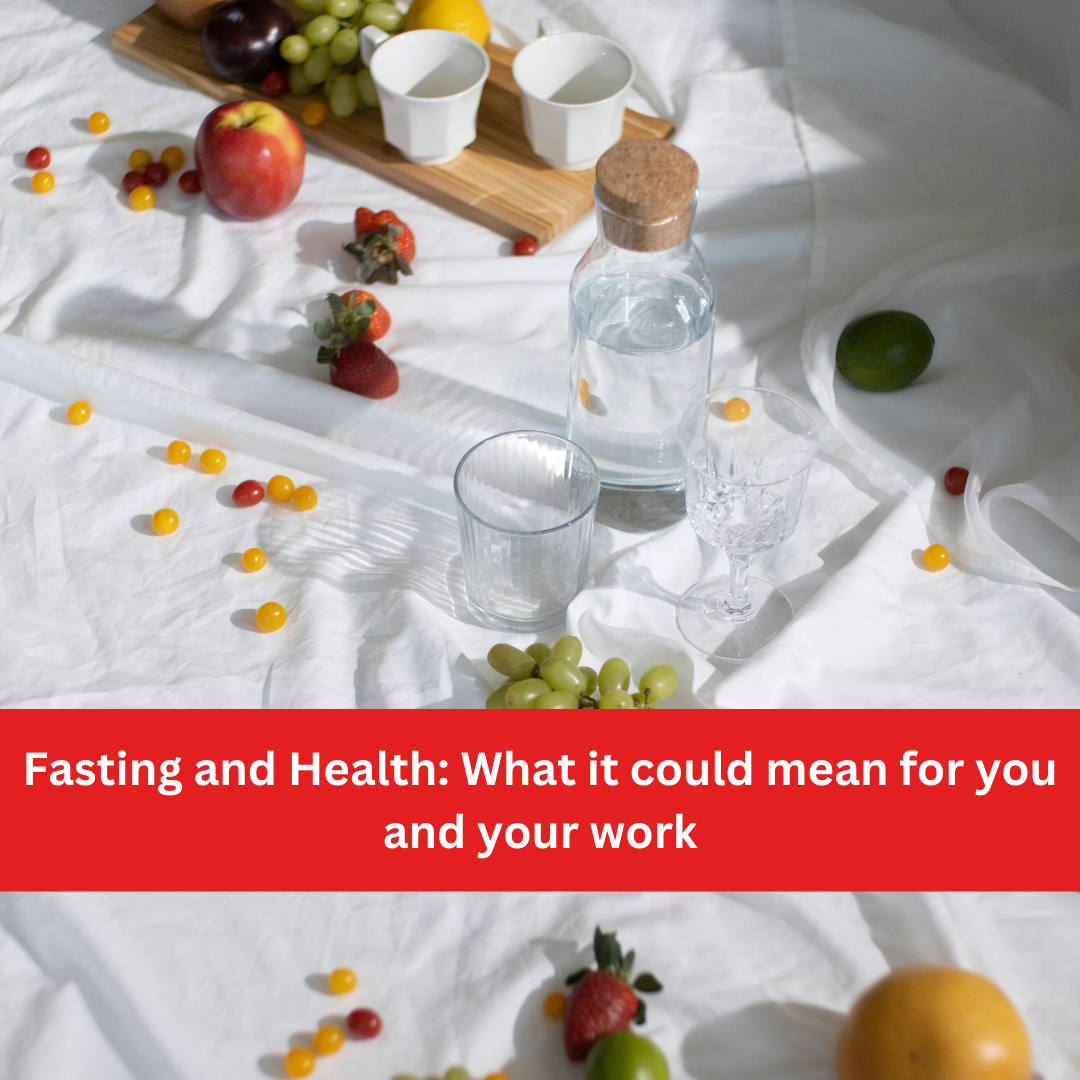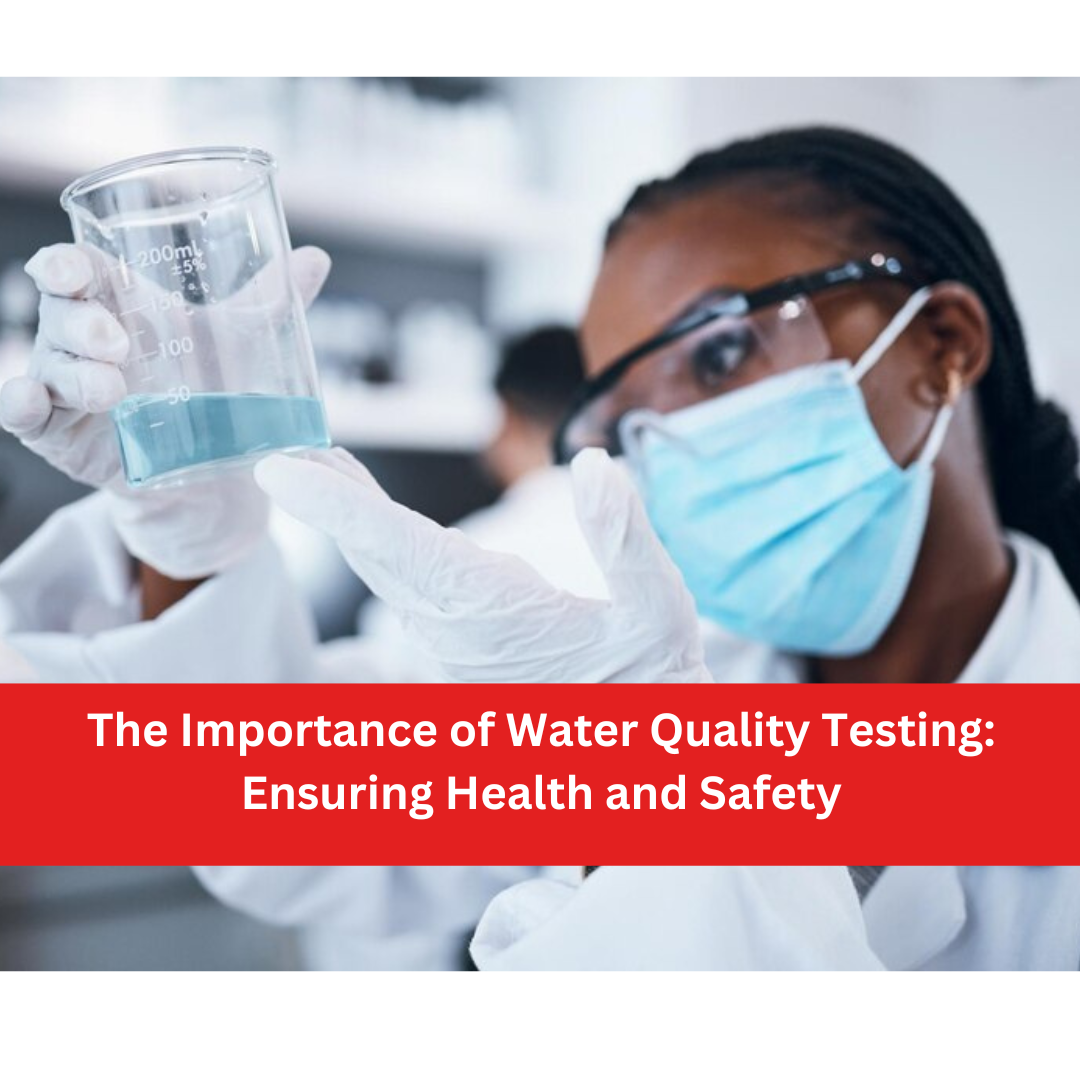In the food service industry, accidents can happen. Sometimes, these accidents result in serious injuries or illnesses that could have been prevented by following some simple safety procedures. It’s essential to be aware of these safety procedures and follow these tips for the food handling industry.
These 10 (Ten) workplace safety tips will help you implement the most important safety practices in your business and keep everyone around you safe, whether they are customers or employees.
- Practice good hygiene
- Keep equipment clean and sanitized
- Ensure staff wears safety equipment
- Risk assessment matrix
- Prevent cross-contamination
- Provide training to your food handlers
- Install fire safety equipment
- Bring in outside help (health officials/consultants, etc.)
- Get your food handlers certified
- Adopt best practices globally
Related: Workplace Ergonomics: The Complete Guide
Practice good hygiene
The most important thing you can do for the safety of your establishment is to practice good hygiene. The Centers for Disease Control (CDC) even recommends that you should wash your hands every time you go to the bathroom as well. Before and after handling food, money, cleaning products, and anything related to your work, it means washing your hands. It prevents germs from spreading from one person or the surface to another. It also reduces illness by keeping food-borne pathogens off kitchen surfaces and away from ready-to-eat foods like sandwiches, salads, and other prepared items at room temperature.
Related: A Chemical Handler’s Test And Its Implications For Workplace Safety
Keep equipment clean and sanitized.
Disinfectants are essential for the safe handling of food. The disinfectant used depends on the type of bacteria in the contaminated area. For example, bleach is effective against Salmonella but not Cryptosporidium; quaternary ammonium compounds (QAC) are effective against Pseudomonas and Staphylococcus aureus but not Salmonella or Listeria. Use hot water to help remove dirt from surfaces before cleaning them.
Ensure staff wear safety equipment
Your staff needs to wear protective eyewear and gloves. When you’re handling food, it’s essential to wear gloves. Gloves protect your hands from germs and chemicals. They can also protect against cuts, scrapes, heat, and cold. Gloves are even more important when handling raw meat or poultry products because these foods carry bacteria that can cause illness in humans if improperly handled.
Related: Workplace Emergency: Learn How To Create A Response Plan
Risk assessment matrix
You’ll need to assess every risk, from safety equipment to cross-contamination. It’s best to lay out your plan on a simple chart and figure out how to mitigate those risks. While there is no standard risk assessment matrix, it should have three columns:
- What could go wrong?
- How likely is it that would happen?
- What will we do if it occurs?
Prevent cross-contamination
Cross-contamination is the transfer of bacteria from one food to another, which can happen during food preparation and storage. To prevent cross-contamination, keep raw meat separate from ready-to-eat foods. It includes using another cutting board, knives, and other utensils for raw meat and other foods and washing hands before handling food or after touching anything that comes into contact with your hands (like the doorknob).
Related: Mental Health At Work: 7 Ways To Support Employee Wellness
Provide training to your food handlers
Proper hygiene practices include washing hands before and after dealing with food, especially when switching between raw and cooked foods. As part of the tips for the food handling industry, food handlers must also know the health codes and standards to follow. To prevent cross-contamination, staff should not eat or drink near food preparation areas or areas where they clean dishes. Always have a well-maintained first aid kit on hand so staff can respond quickly to emergencies at work and not aggravate them further by rushing to care for their wounds at home.
Install fire safety equipment
Fire extinguishers are a requirement in any working environment. In commercial kitchens, you need at least one fire extinguisher in each room containing hot equipment. Depending on your specific kitchen layout, you may need an additional fire extinguisher near anything greasy or oily, such as fryers and grills.
Related: Workplace Depression: A Guide To Depression At Work And How To Get Through It
Bring in outside help (health officials/consultants, etc.)
If you suspect your staff is not up-to-date on proper hygiene practices, bring in an outside consultant to help. They can help you stay updated on potential epidemics that might affect your business. Unless you have an in-house microbiologist or physician, hire one to conduct health inspections and educate your staff about safe practices.
Related: Workplace Safety: 9 Mistakes Companies Make
Get your food handlers certified.
As part of the tips for the food handling industry and for many food-handling businesses, certification is a legal requirement. It’s good practice to get certifications, as they require different training. Getting your employees certified can also boost morale; if they feel invested in their job and company, they’ll be less likely to make mistakes.
Adopt food-handling best practices
Regardless of your restaurant, take proper precautions with storing and serving food. That means keeping your employees sanitized and safe from a dangerous illness. Developing a personal sanitation plan is a first step toward helping ensure an ongoing safe work environment. Diseases can spread through bodily fluids like blood, vomit, or saliva. So ensure your staff knows how to keep themselves as clean as possible.
In conclusion, given the number of restaurants in Nigeria, it’s crucial to be up to date with all safety protocols. Remember to follow these guidelines and keep up with state-specific laws and food handlers’ certifications. (Get certified with Medbury Medicals today).
Do you have questions or need help following all safety procedures in your food operations? Click here to book an appointment.
Related: 9 Benefits Of Drug & Alcohol Testing Programs For An Organization







No Comments